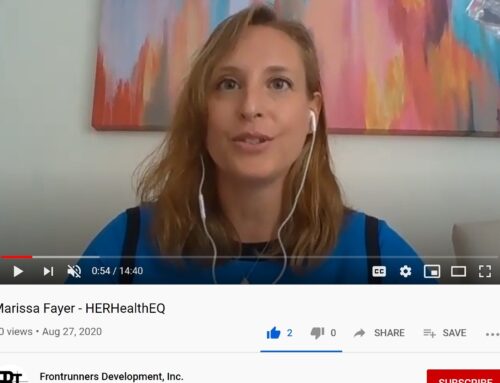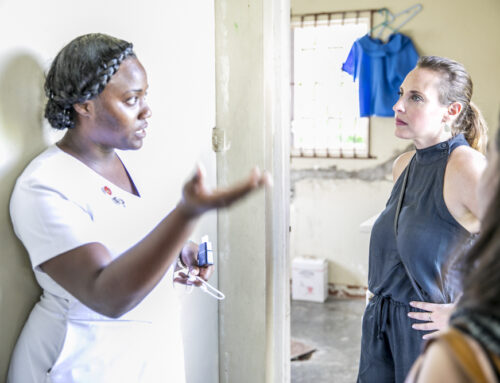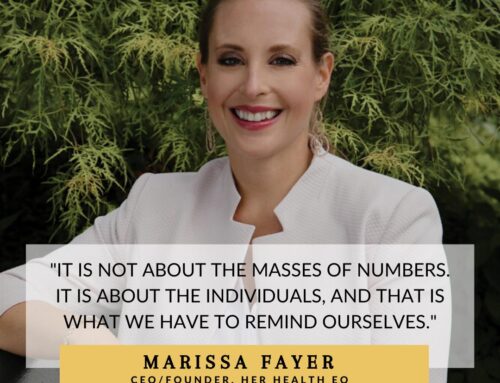Equity is giving people what they need to enjoy full, healthy lives.
Equity is giving people what they need to enjoy full, healthy lives.
Equality is ensuring that everyone gets the same things in order to enjoy full, healthy lives.
Both Equity and Equality promote fairness and justice, but equality can only occur if everyone starts from the same place and need the same things. Equity needs to happen before Equality.
Health Equity is providing and ensuring that everyone has a fair and just opportunity to be healthier. The importance of equitable access to healthcare has been cited as crucial to achieving many of the Sustainable Development Goals (SDG’s) set out by the United Nations.
Once everyone enjoys a similar level of health and well-being, we can focus on preserving fairness by giving everyone the same things: this is equality. As the Pan-American Health Organization puts it, equity is the means, equality is the outcome.
Understanding the differences between equity and equality helps us to recognize and respond to differences in health and well-being that are unfair, avoidable and changeable.
Of the 17 SDG’s, all of them tangentially touch of health equity, with 5 of them directly related to Health Equity (Zero Hunger #2, Good Health & Well-Being #3, Gender Equality #5, Clean Water and Sanitation #6, and Reduced Inequalities #10).
Health Equity is related to both men and women, with a disproportionate skew towards women, as women are also lacking in gender equity and equality. Health equity is specifically appropriate for women in developing countries, as the rate of gender inequality is highest, causing significant inequity in access of healthcare coverage and screening for women.
According to the World Health Organization (WHO)’s section on Social Determent’s of Health, they state that:
Because of the numbers of people involved and the magnitude of the problems,taking action to improve gender equity in health and to address women’s rights to health is one of the most direct and potent ways to reduce health inequities and ensure effective use of health resources. Deepening and consistently implementing human rights instruments can be a powerful mechanism to motivate and mobilize governments, people and especially women themselves.
Improving health equity around the world improves the lives not only of the people treated, but also of their families, their communities, and their country. Healthy people are able to work, are able to send their children to school, and are able to help their communities. Healthy people provide economic stability to their region through work, trade, and investment. Without health, there is no possible progress out of poverty and into a more robust world economy.
Health equity is one of the strongest pillars of society as it has the ability of create growth to regions that need it, and stability to those that have it. Access to health is fair and just, as it is the equitable solution to grow and develop communities.






